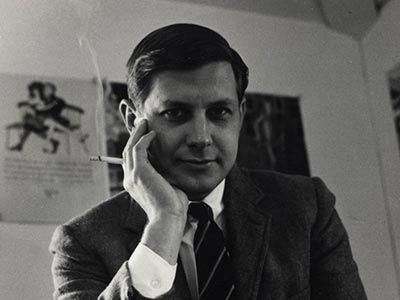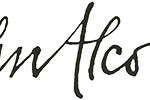
By 1961 Alcorn had gained enough experience and attracted enough freelance work to justify leaving CBS. As a commercial artist, the vast majority of his works was commissioned and both his wit and decorative charm proved irresistible to art directors, designers and fine art collectors alike. With the enthusiasm that follows through new challenges, his career began to branch out in a variety of directions and at an unprecedented pace.
In 1962 Alcorn settled in an eighteen-century colonial house in Ossning, New York, where the lived with his wife Phyllis and their four sons. As a young father, during the Sixties Alcorn felt encouraged to illustrate various books for children. One of the best examples is Books! by Murray McCain, which was selected as one of the best fifty books of the year by the American Institute of Graphic Arts. The publication that marks his children’s book zenith is Pocahontas in London, that won the Critici in Erba Prize at the Bologna Children’s Book Fair of 1969.
Besides book illustrations, Alcorn designed numerous paperback covers, jackets, editorial illustrations, posters and promotion materials commissioned by Morgan Press, AvantGarde and the magazines Monocole, Sports Illustrated, Playboy. These were the years of the flourishing of the style that became known as psychedelia, which Alcorn’s works helped invent and make popular.
After the frenzy of his explosive debut decade, Alcorn began to feel an urgent need to reconnect with a more grounded, earthly world, in his words “back to some form of reality”. This, together with the disenchantment with the socio-political climate that prevailed in the United States at the time, would compel him and his family to leave the country.

